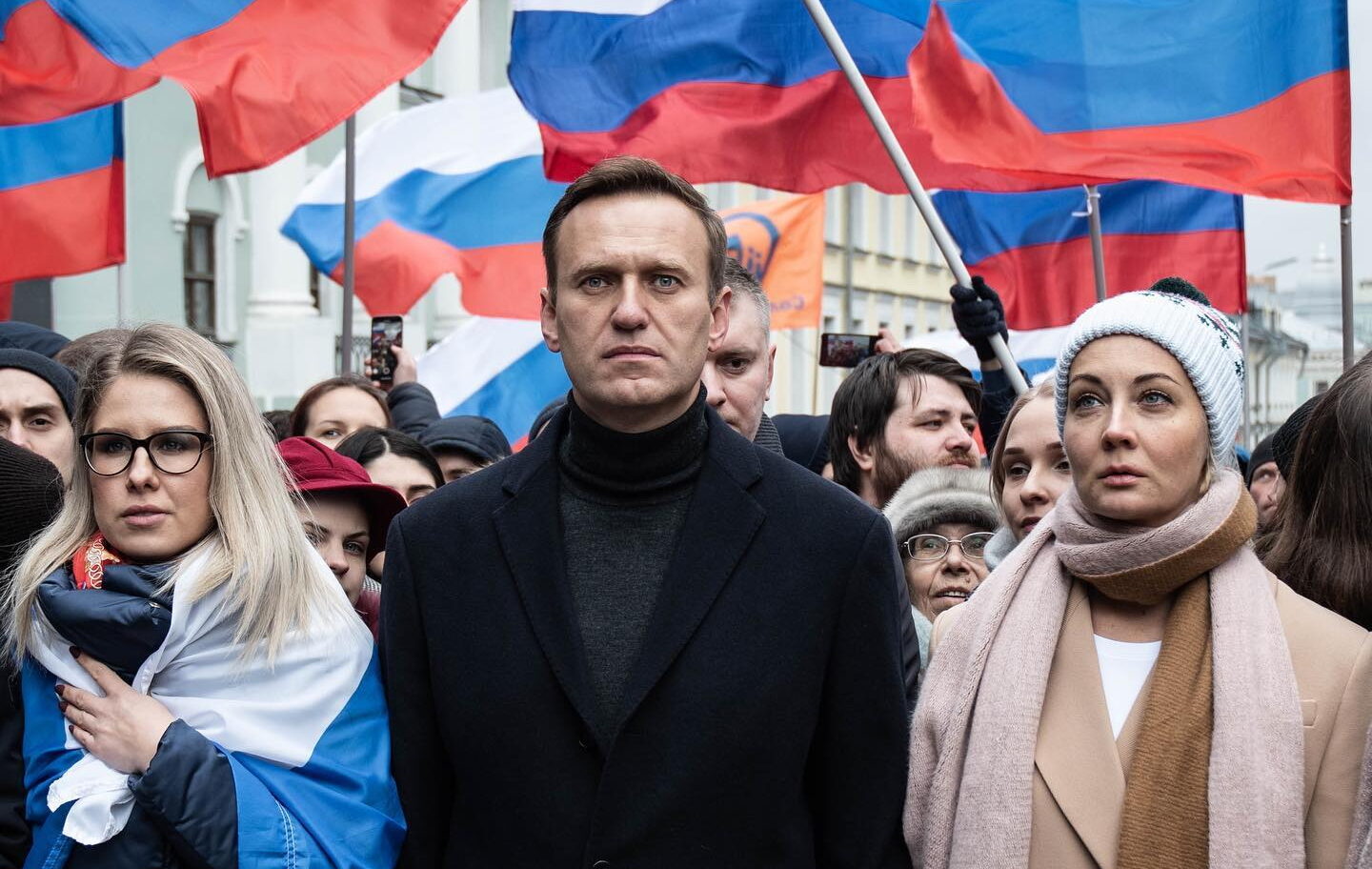This is how Putinists smear Navalny

The pro-Putin disinformation around Navalny's death is already organizing. Names and theses. The analysis of General Carlo Jean
The death of Putin's best-known – at least in the West – opponent caused dismay among a large part of public opinion, somewhat hypocritically, also because it was a widely predicted event. He took advantage of this to make easy propaganda against the Kremlin regime. Easy because almost everyone was already aware of what it is: a brutal dictatorship that does not shy away from political assassination to consolidate its power, limiting with terror any possibility of opposition and maintaining the cohesion of the ruling group, with the looting of public assets . Evidently, terror is not sufficient for the stability of the regime. However, it must be continuously fed. Furthermore, as in all totalitarian states it must enjoy a certain degree of consensus. The latter is founded in Russia on widespread patriotism, strengthened by the support of Orthodoxy – transformed with Patriarch Kirill into the "religious arm of Putin's regime – and, above all, on the memories of a glorious history from tsarism to the victories against invasions from the East and the West, especially in the "Great Patriotic War". Putin considers himself an interpreter of the traditions of the "Great Mother Russia" and wants to restore its greatness, which has disappeared due to what he calls "the greatest geopolitical disaster of the 20th century", i.e. the collapse of the USSR.
WHO REALLY WAS NAVALNY
Navalny was also a Russian patriot. She was not a pro-European, as much Western propaganda is led to believe. As a good Russian, he also harbored racist – if not xenophobic – feelings towards the non-Slavic populations, especially the Islamic ones, who were part of the Empire. He had called the Chechens “cockroaches” and his Azerbaijani maid “black ass”. He had applauded the war in Georgia in 2008 and the annexation of Crimea in 2014. He had been expelled from the Yabloko ("Apple Party", unitary liberal), which he had joined in the 1990s, for having participated in a demonstration in 2008 extreme right.
He wanted to cleanse Russia of corruption and kleptocracy and restore individual freedoms, threatened by Putin. He had been in favor of the 2008 war against Georgia, but against aggression against Ukraine. He was convinced that aggression towards Ukraine and placing the Russian people in a state of permanent war were functional to the interests of the regime and to maintaining the power and wealth of the oligarchs who were plundering the state and the people of their wealth. This program was central to the “Future Russia” Party which he had founded, by transforming the “Narod” (“People”) protest movement, which he had initially founded and which, with its nationalism, constituted a robust competitor to the Putin regime. The latter feared its influence on the masses, also because, with his patriotism, he could not be discredited as a "traitor". This explains the fury used towards him.
The harassment and attempts on his life attracted the attention of world public opinion to him, as a champion of freedom and hero of democracy. His action seems to have had less follow-up in Russia, both because freedom and democracy recall the chaos of Yeltsin's presidency, and because public opinion is more apathetic, resigned and fearful of the Kremlin's repression. This explains why Putin was able to easily eliminate Navalny not only without fearing particular reactions, but by using the event – even with the mystery about the causes of his opponent's death and the tragicomedy about the fate of his body, to spread fear of his regime, perhaps in view of the presidential elections in March. It wasn't enough for him to have segregated it in a region on the Arctic. He continued to fear it since Navalny was certainly a communications genius.
THE CHOIR OF PUTIN SUPPORTERS
The "chorus" of Putin's supporters immediately mobilized. Lilin said Navalny was a “xenophobic Nazi”. Others simply ignored Navalny's killing. New voices have been added to the "usual suspects" in Italy. Professor Bompiani, in a TV broadcast, "rejected" Navalny's exclusion from the list of "Prisoners for reasons of conscience" decided by Amnesty International . He practically joked about the fact that, unlike what his Western "singers" did, Navalny cannot, therefore, be considered either a "saint" or a "pure hero". Of course, she forgot to add that the same exclusion had happened to Nelson Mandela, which, incidentally, says a lot about Amnesty International and its credibility in digging up phrases said fifteen years earlier. In my opinion, it would be like saying that it was the Socialist Party that organized the "march on Rome", given that Mussolini was part of it about ten years earlier.
Be that as it may, once “Putin's scribes” fully recover, one might also expect to hear that Navalny died of a cold, or that NATO, or the USA, or so on are responsible for his death. An attempt will be made, however, to downsize Navalny's figure and message in an attempt to reduce the negative effects of his death on the credibility of their "master" in the Kremlin. To distract attention, it is no coincidence that the latter immediately spoke of peace, that is, of Ukraine's unconditional surrender.
This is a machine translation from Italian language of a post published on Start Magazine at the URL https://www.startmag.it/mondo/propaganda-filorussa-morte-navalny/ on Mon, 19 Feb 2024 06:36:20 +0000.
